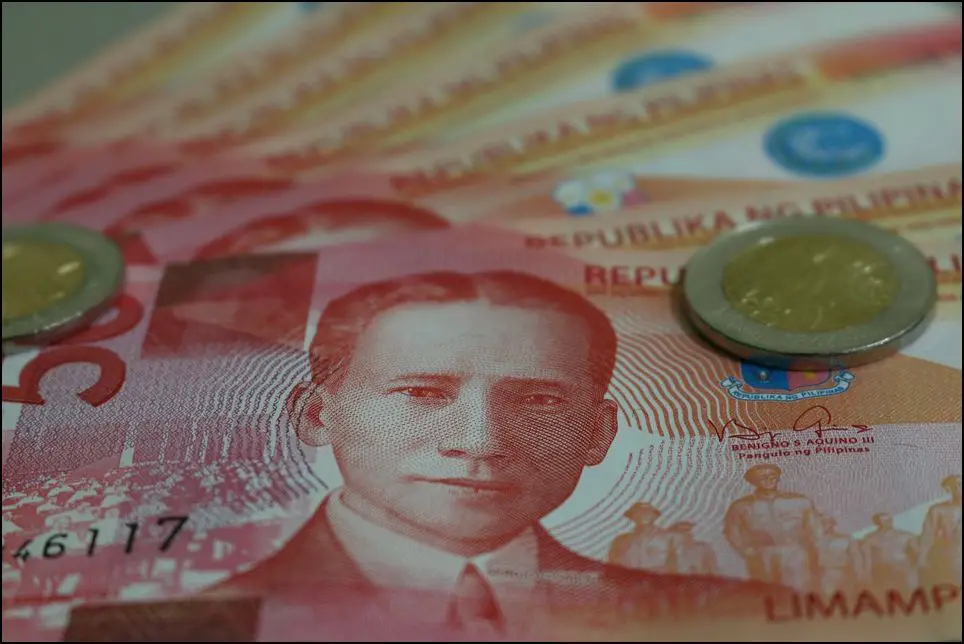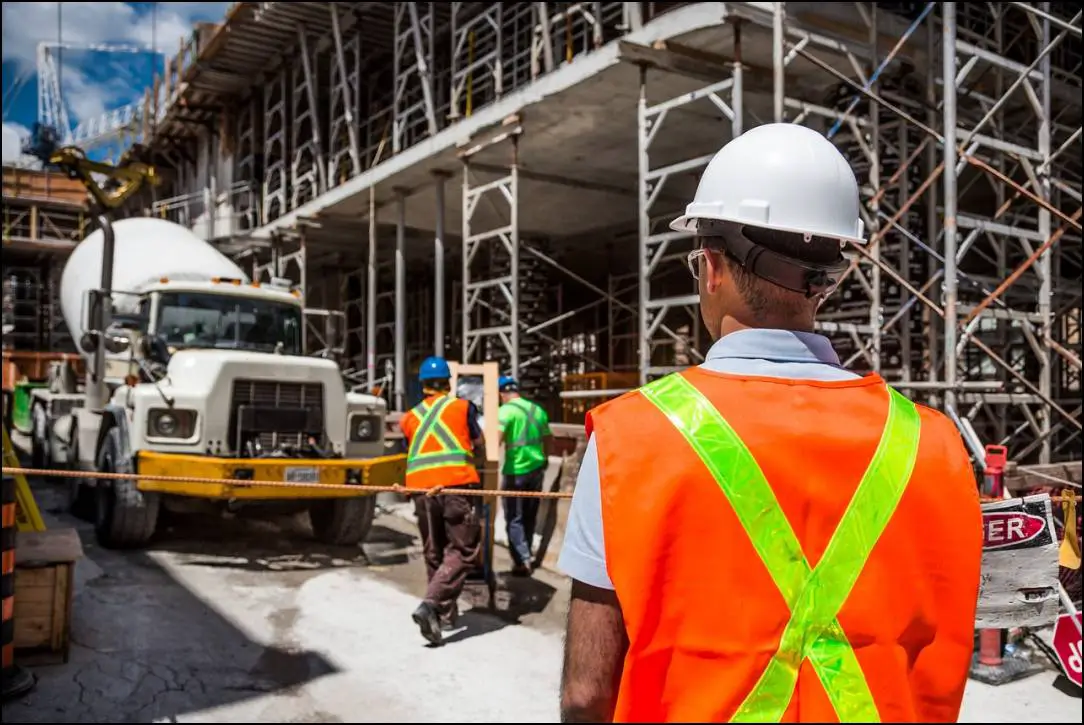The minimum wage in Cebu is a critical aspect of the region’s labor market, as it sets the lowest possible salary employers can legally pay their workers. Established by the Regional Tripartite Wages and Productivity Board (RTWPB) of Region VII, which includes the Province of Cebu, the minimum wage aims to ensure that workers receive a fair income while maintaining a balance between the interests of employees and employers. The minimum wage rates vary across different sectors, including agriculture, non-agriculture, and retail and service establishments.
Also read: List of Construction Companies in Cebu City, Cebu
Cebu, being one of the most developed provinces in the Philippines, has a thriving economy with diverse industries such as tourism, manufacturing, and information technology. As a result, the minimum wage in Cebu plays a vital role in attracting and retaining skilled workers while promoting economic growth and stability.

Minimum Wage in Cebu: Current Rates
The current minimum wage rate in Central Visayas, including Cebu, is set at PHP 435 per day for workers in the non-agriculture sector, as per the latest Wage Order. Assuming a laborer works five days a week, their monthly income would be calculated as follows:
PHP 435 (daily wage) x 5 days (workdays per week) x 4 weeks (average number of weeks per month) = PHP 8,700
This figure represents the gross monthly income for a laborer earning the minimum wage in Central Visayas. To calculate their annual income, excluding the mandatory 13th-month pay, we can simply multiply their monthly income by 12 months:
PHP 8,700 (monthly income) x 12 months = PHP 104,400
It is important to note that these calculations are based on the assumption that the worker consistently earns the minimum daily wage without any deductions, such as taxes and contributions to social security, health insurance, and housing funds. Additionally, this does not account for any potential overtime pay, bonuses, or other supplementary income.
1. Non-Agriculture Sector
The current minimum wage rate for non-agricultural workers in Cebu province is Php 435 per day. This covers all employees in non-agricultural industries, including manufacturing, service, and construction sectors. However, the minimum wage rate may vary depending on the classification of the region. For highly urbanized cities such as Cebu City, the minimum wage rate is slightly higher at Php 450 per day.

2. Agriculture Sector
For workers in the agriculture sector, the minimum wage rate in Cebu is Php 420 per day. This includes all types of farm laborers, such as rice and corn farmers, poultry and livestock raisers, and fisherfolk. Despite the implementation of the minimum wage policy, workers in the agriculture sector still face various challenges. These include a lack of stable employment, poor working conditions, and limited benefits.

3. Retail and Service Establishments
In retail and service establishments, the minimum wage rate for workers in Cebu is Php 435 per day. This covers employees working in restaurants, hotels, and other service-related industries. However, some employers may offer higher wages as an incentive for workers to provide quality service and improve customer satisfaction.

Understanding the Factors Affecting Minimum Wage Determination
Also read: Electrical Installation Services in Cebu: Essential Guide to Reliable Electricians
Getting a decent minimum wage is one of the basic rights of an employee. Sadly, the minimum wage in most countries can barely keep up with the cost of living, leading to poverty and unrest. In some countries, the minimum wage is not even enough to meet the basic needs of an individual.
1. Cost of Living
The cost of living is the primary factor affecting minimum wage determination. It is defined as the amount of money needed to sustain certain living standards in a particular area. The higher the cost of living, the greater the minimum wage should be.
The cost of living includes expenses such as food, healthcare, education, housing, transportation, etc. Countries with high living costs tend to set higher minimum wages to match the expenses. In contrast, countries with lower living costs have lower minimum wage rates, which may not be enough for people to live a decent life.
2. Employment Rate
Another crucial factor in determining minimum wage is employment rates. In countries with high unemployment rates, the government might set a high minimum wage rate to ensure that employees get a fair amount of income. High minimum wage rates help to create job opportunities and thus decrease unemployment rates. In contrast, in countries with lower unemployment rates, the government may set lower minimum wage rates as the labor market is highly competitive.
3. Economic Growth
The economic growth rate of a country is another factor that influences minimum wage determination. In countries with slow economic growth, the government might set lower minimum wage rates to lower production costs. In contrast, countries with high economic growth rates tend to have a higher minimum wage rate as the government can stimulate the economy and increase spending power by raising wages.
4. Industry Performance
Industries’ performance is another factor that influences minimum wage rates. Industries that generate high profits because of their products or services make more profits. These industries can afford to pay higher minimum wage rates, leading to a better standard of living for employees. On the other hand, businesses from low-profit industries may struggle to pay higher minimum wage rates, and thus, the minimum wage rate stays low.
It’s critical to pay attention to these factors to ensure that the minimum wage rate is fair to everyone.
What are the Penalties for Non-Compliance?
In the Philippines, employers who fail to comply with minimum wage laws face penalties as stipulated under the Philippine Labor Code and relevant Wage Orders. These penalties are designed to deter non-compliance and ensure that workers receive their rightful compensation. The penalties for non-compliance can include fines, imprisonment, or both, depending on the gravity of the violation.

Fines
Employers found to be non-compliant may be required to pay fines, which typically range from PHP 25,000 to PHP 100,000 per violation. The specific amount depends on factors such as the degree of violation, the number of affected employees, and any history of previous violations.
Imprisonment
In addition to fines, non-compliant employers may also face imprisonment. The duration of imprisonment can range from six months to three years, depending on the severity of the violation and the discretion of the court.
Restitution
Apart from fines and imprisonment, employers found violating minimum wage laws are required to pay wage differentials to the affected employees. Wage differentials represent the difference between the wages paid and the mandated minimum wage rates. Employers must compensate their workers for any unpaid wages resulting from non-compliance.
The Department of Labor and Employment (DOLE) is responsible for enforcing minimum wage laws and ensuring compliance through regular inspections, investigations, and the imposition of penalties when necessary. These measures help protect the rights and welfare of workers, while also encouraging employers to adhere to labor standards and maintain fair working conditions in the country.
Conclusion
In 2023, the minimum wage in Cebu will go through some changes. While the exact figure is not yet set in stone, it is clear that this will have a significant impact on many people’s livelihoods. With the cost of living constantly rising, workers are relying on fair compensation to make ends meet. The debates around minimum wage inevitably involve questions of justice and equality, and it is crucial for all parties involved to approach the matter with sensitivity and consideration. As these conversations continue to unfold, we must strive towards a solution that meets the needs of all Cebuano.